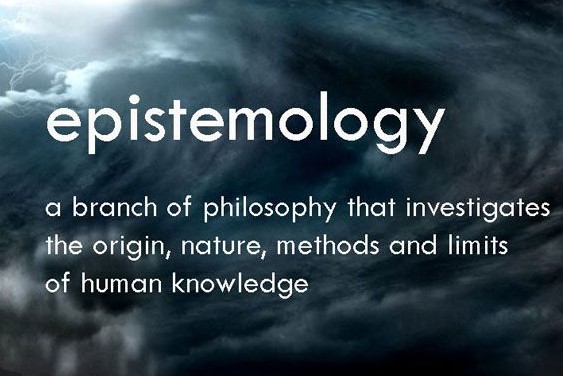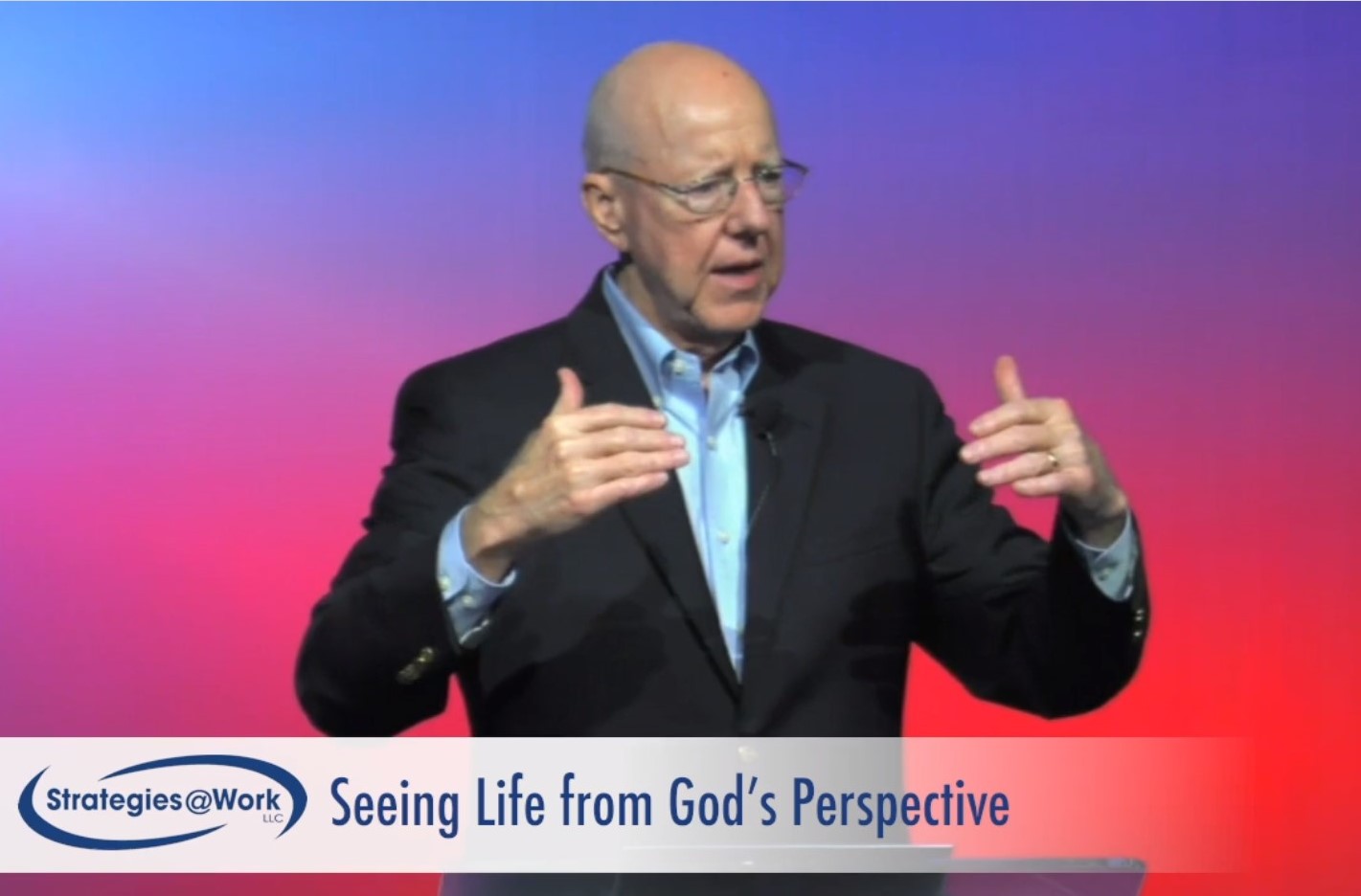 |
||||||
August 1, 2020 |
||||||
Gleanings |
||||||
Revelation Is the Key |
||||||
by Gerald R. Chester, Ph.D. |
||||||
| The rise of the LGBTQ+ culture presumes that the Bible, as classically understood by the Christian church, is irrelevant. Modern progressivism and liberalism are euphemisms for the rejection of biblical authority. Consequently, the presumption of the cultural definition of knowledge is disconnected from a Christian view of God. People who think accordingly have chosen to base knowledge on human thought, experience, or emotions. Since the seventeenth century, one of the most significant philosophical battles has been the issue of epistemology. Does knowledge exist independently of God or not? Historically, Christians have asserted that all knowledge is rooted in God. This idea emanates from biblical texts such as Colossians 2, which reads in part:
Those who oppose the Christian view of epistemology assert that knowledge exists independently of God. A common expression that reflects this presumption is “knowledge is neutral.” Philosophers have offered a variety of possible alternative sources of knowledge, such as rationalism, empiricism, emotivism, or some combination of these. The Christian worldview acknowledges that reason, experience, and emotions have value, but not in and of themselves. They must be contextualized by revelation because the seminal basis for epistemology is divine revelation most clearly found in Scripture. Biblically, reason, experience, and emotions can only be properly understood based on Scripture as noted above—“in Jesus are hidden all the treasures of wisdom and knowledge.” Therefore, reason, experience, and emotions must be submitted to revelation. When they are not, any knowledge gleaned from them is disconnected from the foundation of knowledge and is, therefore, false. But when reason, experience, and emotions are subordinated to Scripture, these tools can be used by God to convey knowledge. Contrary to the Christian worldview, the pedestrian predicate in the world today is that rationalism, empiricism, or emotivism can produce truth independent of God. While common grace empowers mankind to discover some rudimentary truth through these means, without grounding all truth in divine revelation there is little to no ability to see with profundity. Nevertheless, the popular thinking of today presumes the ability to reject divine revelation as the basis of knowledge and assumes the role as definer of truth and reality independent of God. There are many examples of how mankind presumes to define reality independent of God, such as the theory of evolution, legalized abortion, no-fault divorce, and normalization of homosexuality and transgenderism. All of these are illustrations of attempts at epistemology disconnected from divine revelation. These false presumptions may last a while but will not stand. All attempts to define knowledge independent of God will eventually be thwarted. Only that which is based on the revelation of God from the Bible as classically understood by the Christian church will endure. Anything else will fail. The seeds for the current popular view of epistemology are rooted in the fall of man recorded in Genesis 3. In this account, Adam and Eve sought the right to define truth and reality, that is, to define epistemology independent of God. The consequence of their sin was divine judgment. Today’s actors are simply following their pattern that will lead to the same result—divine judgment. Scripture records examples of people who sought to live under a non-Christian or false epistemology. For example, in Acts 6 Stephen faced accusers who believed Scripture but their hermeneutic rejected the revelation of Jesus as the Christ, therefore, their knowledge of Scripture was skewed. The classical Christian worldview is based on faith that Jesus is the Christ. Judaism, therefore, leads to a false epistemology. For example, a consequence of Judaism is the presumption of seeking to gain acceptance with God based on human works. On the contrary, the Christian view is that acceptance with God is based singularly on divine grace. This is the truth. When comparing Judaism and Christianity, one notes that both believe the Old Testament Bible is divine revelation. The difference between Judaism and Christianity is hermeneutics. The former does not believe that Jesus is the Christ of the Old Testament and the latter affirms Jesus as the Christ. Furthermore, because Christianity is rooted on the predicate that Jesus is the Christ, Christianity embraces the New Testament Scripture as well as the Old Testament. The New Testament is largely a record of the person, work, and implications of Jesus as the Christ of the Old Testament based on the historical record of his disciples. In addition, the New Testament provides illumination on how to correctly understand the Old Testament. Unlike Judaism and Christianity, the pedestrian thinking today is secular. Accordingly, secularism places no value on either the Old Testament or New Testament Scripture. Consequently, secularists assert that there is no Creator to whom they are accountable; therefore, they can make up their own rules of existence. As a result, issues of today, such as social norms that have historically been shaped by Christianity, are being redefined. Judaism does not have sufficient understanding of Scripture to respond to the secularists. Judaism values Scripture but rejects Jesus as the Christ. Therefore, Judaism does not lead to the full truth of Scripture. Without the predicate of Jesus as the Christ, one’s interpretation of Scripture will be veiled, as explained by the apostle Paul in these words about the Israelites:
The only way to profoundly understand the Old Testament Scripture is through the New Testament revelation of Jesus as the Christ. Among worldviews, the historical Christian worldview singularly values Scripture as understood through the revelation of Jesus as the Christ. This understanding will lead to the truth. Therefore, the key to epistemology and the truth about social norms is the Christian worldview. If one concedes that the God of the Bible is the Creator, the rejection of the authority of Scripture is toxic to epistemology and social norms. Furthermore, Judaism's failure to embrace Jesus as the Christ hermeneutically leads to a flaw understanding of epistemology. One must be willing to embrace a hermeneutic predicated on Jesus as the Christ, which is singulary consistent with classical Christianity. Only then will one have the true basis for epistemology and social norms. This means that divine revelation, as understood from a Christian worldview, is the key to profound epistemology and correct social norms. Mankind has no sound basis to think and live differently. |
||||||
| Quick links | ||||||
Teaching: Opposition from Religious Leaders |
||||||
| Upcoming Training | ||||||
Seminar: Strategic Life Alignment |
||||||
| Recent Trainings | ||||||
| Social Media | ||||||
| Gleanings | ||||||
| Other | ||||||
|
||||||







.png)